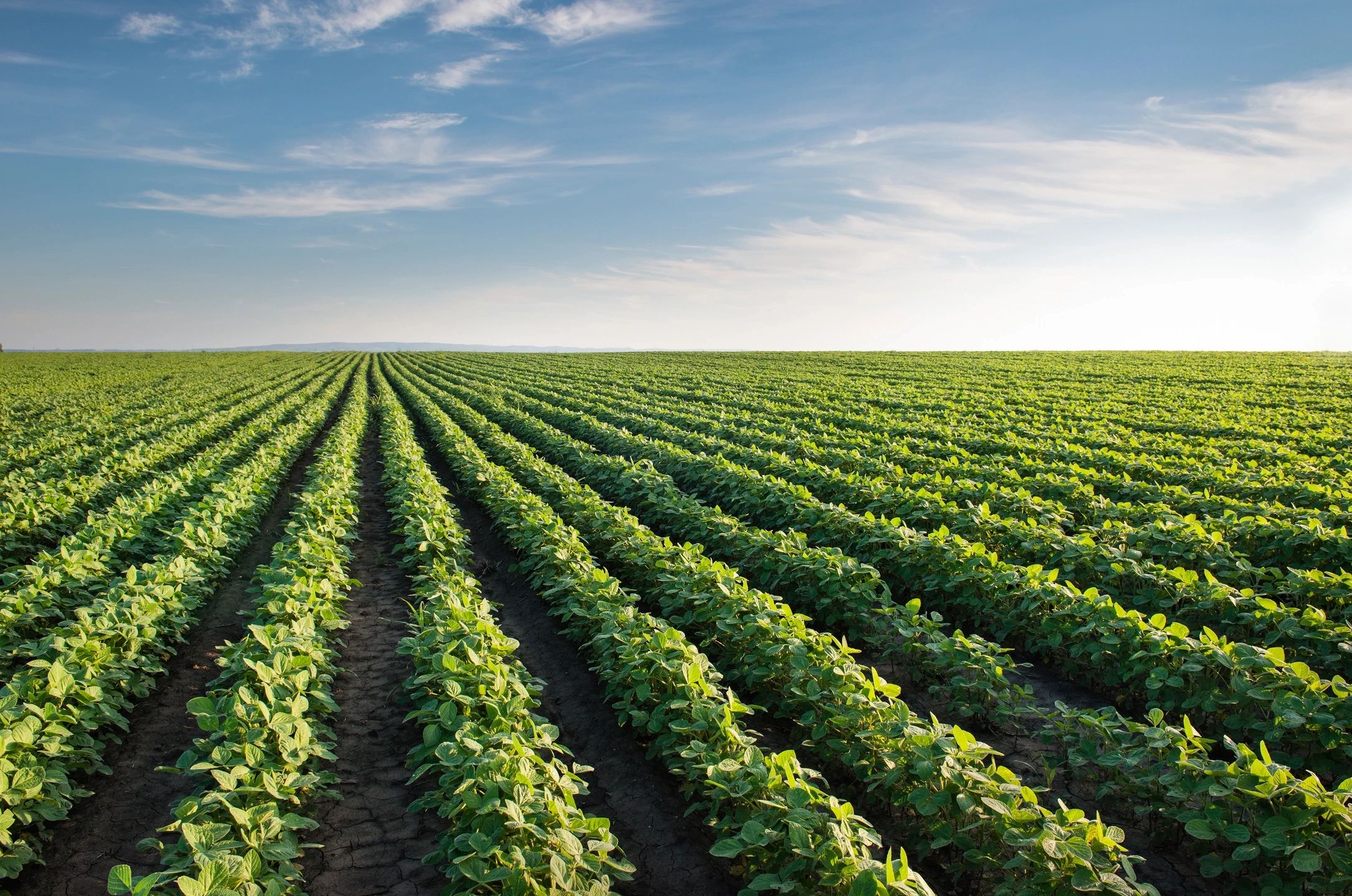Investing in farmland may not be the first thing that comes to mind when considering alternative investment options. However, it is a sector that has shown remarkable potential in recent years. Farmland can provide stable and sustainable returns, making it an attractive option for investors looking to diversify their portfolios. In this blog post, we will explore why farmland is becoming an increasingly popular choice for those seeking alternative investment opportunities.
Farmland as an Asset Class
Farmland is a tangible asset with intrinsic value. It is a finite resource that is in constant demand due to the growing global population and the need for food production. This gives farmland a unique advantage over other investment options, as its value tends to appreciate over time. The supply of farmland is limited, and as a result, it tends to hold its value even during market downturns.
Steady Returns and Inflation Protection
One of the key advantages of investing in farmland is its ability to provide consistent returns. Unlike stocks and bonds, farmland investments are not subject to the same level of market volatility. Agriculture has historically proven to be a stable industry, with predictable cash flows and minimal risk. The demand for food is a fundamental necessity, which ensures a steady stream of income for farmland owners.
Furthermore, farmland investments provide investors with a measure of protection against inflation. As the cost of living continues to rise, so does the value of agricultural products. This allows farmland investors to keep pace with inflation and maintain the purchasing power of their assets over time.
Diversification Benefits
Investing in farmland can also provide much-needed diversification for traditional investment portfolios. The performance of farmland is not directly correlated with other asset classes such as stocks and bonds, making it an excellent hedge against market volatility. By adding farmland to a portfolio, investors can reduce overall risk and potentially enhance returns.
Environmental and Social Responsibility
Investing in farmland goes beyond financial gains. It also offers investors the opportunity to contribute to environmentally responsible practices and sustainable agriculture. Many farmland investment opportunities prioritize conservation, which can help protect vital ecosystems and promote the long-term health of the planet.
Moreover, farmland investments support local communities and rural economies by creating jobs and fostering economic development. This social impact further adds to the appeal of investing in farmland.
Challenges and Considerations
While farmland presents a compelling investment opportunity, it is crucial to be aware of potential challenges and considerations. Investing in farmland requires specialized knowledge and expertise in agricultural practices, land management, and farm operations. It is important to conduct thorough due diligence and work with experienced professionals to ensure the success of the investment.
Additionally, farmland investments can have longer holding periods compared to other asset classes. It may take several years to realize the full potential of a farmland investment, as agricultural productivity and land values tend to appreciate gradually over time. Patience and a long-term investment horizon are essential when considering farmland as an alternative investment opportunity.
Farmland offers a unique investment opportunity that combines financial returns with environmental and social benefits. As the world’s population continues to grow, the demand for food and agricultural products will only increase. By investing in farmland, individuals can benefit from stable returns, portfolio diversification, and the satisfaction of contributing to sustainable agricultural practices.
However, it is important to approach farmland investments with caution and consider the specialized knowledge and expertise required. Partnering with experienced professionals is key to ensure the success of the investment and make the most of the opportunities presented by farmland as an alternative investment option.

